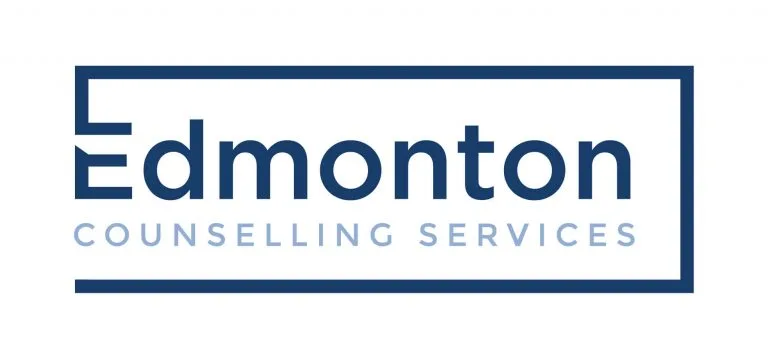A substance abuse professional (SAP) is an experienced person who determines whether employees violated a DOT drug and alcohol program rules and regulations even during working hours. Suppose any employee is found to be positive in a DOT drug test, so it’s essential to take immediate action towards them for the workplace’s safety. Return to work therapy Edmonton emphasises spreading awareness, follow-up testing, aftercare and treatment plans. With extensive guidance and support, SAPs must put all possible efforts into promoting an alcohol-free workplace and safeguarding public safety on the highways and in other safety-sensitive industries.
DOT drug tests are performed before employment or at other specific events during employment or working hours.
What Is a Return-to-Duty SAP Process Exactly?
The return to duty sap process comprises some safety-sensitive employees need to follow after getting positive for a drug test.
It is categorized into five steps, which include:-
- Substance abuse professional (SAP) evaluation
- treatment and education
- follow-up SAP evaluation,
- return-to-duty testing,
- follow-up testing/ongoing treatment.
Once when an employee completes all five steps, from substance abuse professional (SAP) evaluation to follow-up testing. If the employee wishes to return to safety-sensitive functions, with the same employer or not, they are liable to complete all the formalities of the DOT return-to-duty process Edmonton.
Step-By-Step Guide to Return to Duty Process
Setp1: SAP Initial Evaluation
Evaluation of drugs or alcohol is th most important in the SAP return to duty process. This is being determined by substance abuse professionals, or SAP, for workplace safety. The SAP plans layouts for treatment and education plans for every individual with the help of findings and evaluation. Then, individuals are professionally handed over to rehabilitation centers or service providers mentioned in the plan.
Step 2: Treatment and Education
Affected individuals must follow the education and treatment plan crafted by the professionals. The treatment plan may comprise inpatient, outpatient, and aftercare services.
Prompting education on drug addiction through self-help groups, drug and alcohol education courses (like the ones we provide), or community lectures.
If you’re searching for alcohol and drug education programs for safety-sensitive employees, you can contact Edmonton Counselling for further guidance. We have an experienced team that customized the treatment plan for each individual to promote awareness about drug addiction or substance abuse in the workplace.
If an employee wishes to resume work, they must follow the course of safety action recommended by the SAP.
Step 3: Follow-Up SAP Evaluation
The initial and follow-up evaluation duration is based on the treatment and education plan the SAP suggested to the individual. As such, no specific limit or duration is mentioned in the regulations.
Step 4: Return-to-duty testing
SAP approves that an individual has completed all the necessary compliances or steps of return-to-duty work in the follow-up evaluation process. Then, SAP submitted a report to DER that the employee complied with the DOT return-to-duty process. Later on, DER use this report for further evidence or grounds.
The SAP decides a timeline for further testing, and if needed, they suggest a continuous treatment plan. If SAP has suggested the continued treatment plan, employers have the right to require the individual to complete the treatment first as recommended.
Step 5: Follow-Up Testing/Continued Treatment
In the follow-up stage of the return-to-duty process foreseen by professionals, individuals need to undergo periodic tests to ensure safety.
These tests are performed by screening through alcohol and drugs. The recommendations from SAP and individuals’ circumstances depend on the frequency and length of follow-up testing. Suppose individuals fail to pass these follow-up tests or violate the DOT drug or alcohol regulations. In that case, it can create further consequences, which may include termination from an organization or suggested additional rehabilitation treatment.
Conversely, when an individual passes the DOT drug test, they can get back to work with sobriety and must follow return-to-duty protocols.
How Long Does It Take to Return to the Duty Process?
The employer and employee wanted to know how long the return-to-duty process would take. Unfortunately, there is no definite answer to this question. It depends on SAP, which varied treatments they recommend to different individuals – it depends on substance type, nature, and how severely addicted they are.
Complete inpatient treatment often takes a couple of months, but it does not work for all employees who tested positive for drugs or alcohol. In the end, you’ll need to discuss it with the substance abuse counsellor you’re in touch with.
Summing It Up
Suppose your employee is found to be DOT drug test positive during employment hours and needs a rehab center in Edmonton. Make a call to Edmonton Counselling Services, employs a professional team that is expert in customizing clinical treatment for people dealing with drug or alcohol addiction. Prioritizing the health and well-being of individuals, rehab centers treat them well so that they get back to work as soon as possible.





